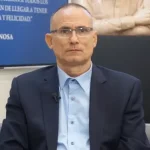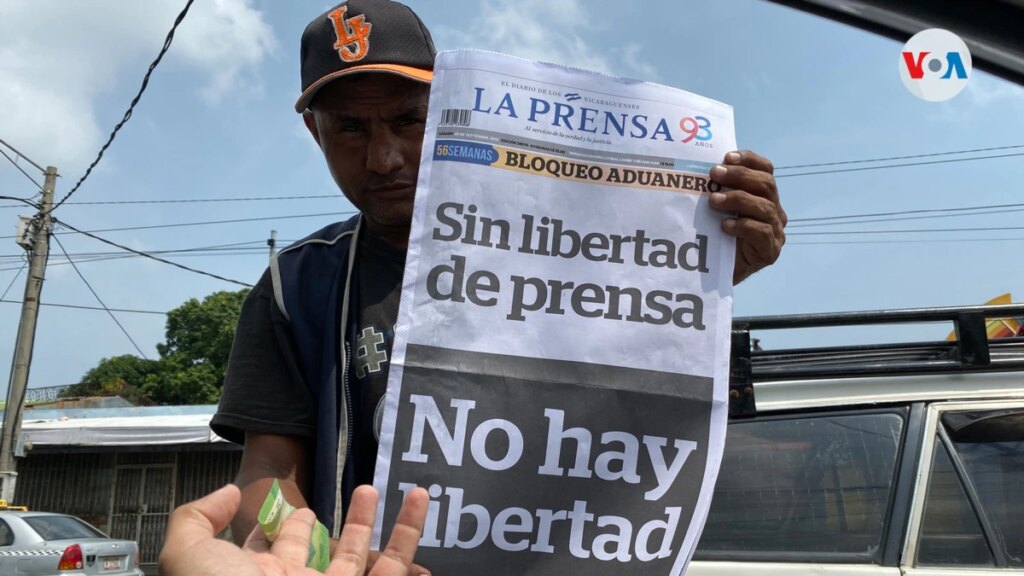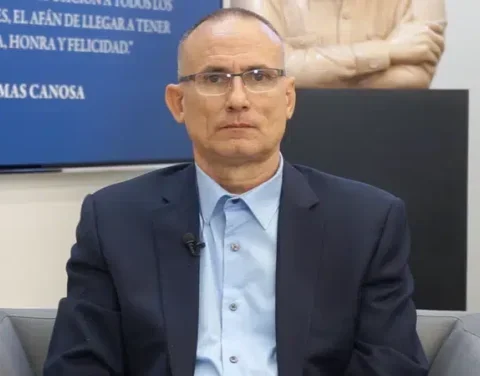Faced with social outcry against rising prices, governments must take immediate action, including subsidies in the energy sector, as long as they go to the poor, says Pierre-Olivier Gourinchas, chief economist at the IMF.
“We are already seeing protests in some countries where the prices of food and basic products are going up very quickly,” he explained in an interview with AFP, on the occasion of the spring meetings of the International Monetary Fund.
“We closely follow how the situation evolves,” added the French economist, after thousands of people recently demonstrated in Argentina, Peru, Greece and France.
The IMF, which published its new global economic forecasts on Tuesday, believes that high inflation will last. The agency expects inflation of 5.7% this year for developed countries (+1.8 points) and 8.7% (+2.8 points) for emerging and developing economies.
The Russian invasion of Ukraine on February 24 and the battery of sanctions against Moscow have aggravated the rise in prices that began last year due to logistical problems linked to the pandemic.
Ukraine and Russia are the main suppliers of cereals for many countries and the Russians also export an important part of the energy that Europe consumes.
The Fund is often opposed to subsidies, mainly in the energy sector, and some protesters blame it for austerity measures imposed by governments in exchange for loans.
But in the face of record inflation, the agency recommends “taking specific measures to help vulnerable populations,” explains Gourinchas.
“This can take the form of reducing utility bills or transferring cash to low-income households,” he said, insisting that these direct aids must be allocated without delay because poverty is on the rise.
– ‘Transparent and temporary’ –
“In countries that lack the necessary infrastructure, this can take the form of energy price subsidies, as long as they are clear, transparent and temporary so that they do not affect the budget for long,” he added.
For low-income countries with “very limited” budgetary space and high levels of indebtedness, external assistance from the IMF and other international organizations is arguably inescapable.
The urgency is such that “a coordinated effort is quickly needed to make resources available to these countries,” Gourinchas estimates.
At the same time, central banks must act aggressively, even if a rise in interest rates – to contain price spikes – further weakens the indebted poor countries.
For nations whose debt “is simply not viable”, there is an urgent need for restructuring, Gourinchas said, recalling that there is a framework for these procedures.
The G20 established a “common framework” more than a year ago that “is supposed to bring together the public sector creditors of the Paris Club, but also other creditors from countries like China or India,” he said.
He called for “gathering them around the dialogue table” to find a quick way to reduce the weight of the debt.
“It’s a complicated process” and so far this framework has been unsuccessful with only three African countries – Chad, Zambia and Ethiopia – requesting it to no avail,” he acknowledged.
And “there are objective reasons” for the process to be slow, he said, citing in particular the lack of transparency about the amounts owed to China. “But that doesn’t mean we shouldn’t do better.”
In addition, “creditors are interested in finding a quick solution” and avoiding a debt crisis, he added.
Pierre-Olivier Gourinchas, who has succeeded Gita Gopinath since she was appointed number two at the body, expects Wednesday’s G20 meeting to focus on food insecurity and debt.











